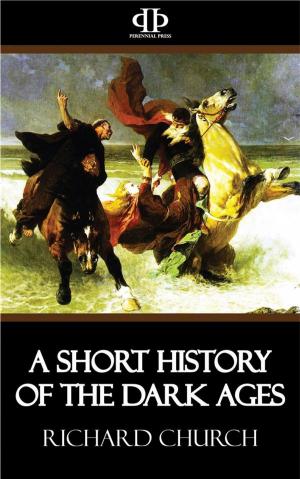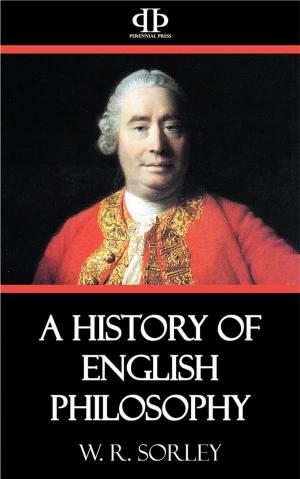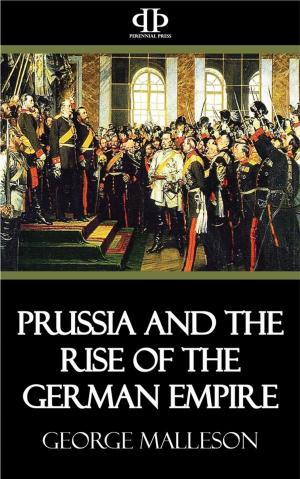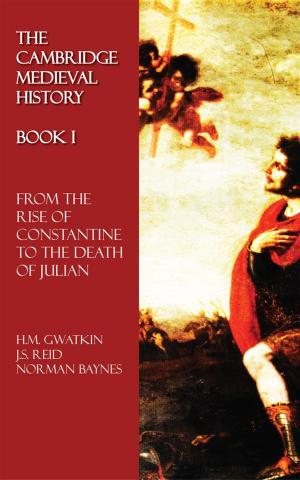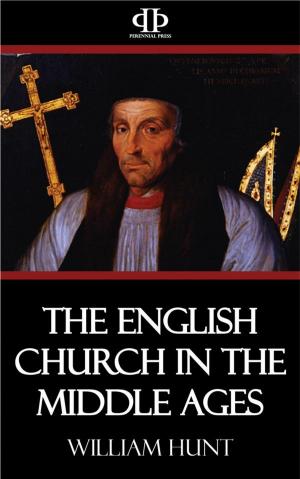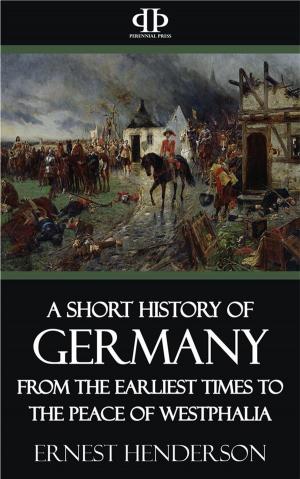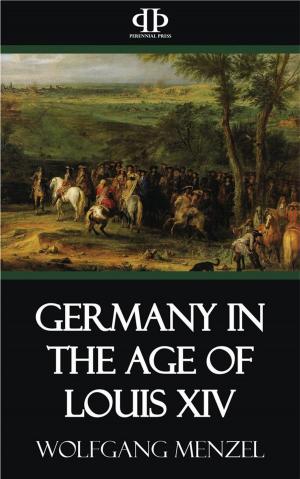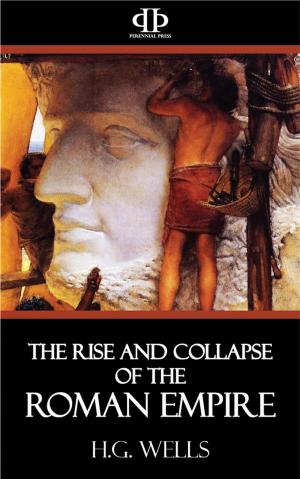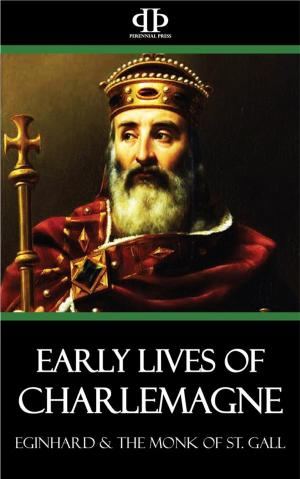| Author: | William Corbett | ISBN: | 9781531257125 |
| Publisher: | Perennial Press | Publication: | March 11, 2016 |
| Imprint: | Language: | English |
| Author: | William Corbett |
| ISBN: | 9781531257125 |
| Publisher: | Perennial Press |
| Publication: | March 11, 2016 |
| Imprint: | |
| Language: | English |
IT is not surprising that the Venerable Bede, being a Northumbrian, in his Ecclesiastical History completed about 731, just one hundred years after the conversion of Northumbria to Christianity, should regard Edwin of Deira, the king who had brought about the change, as almost the greatest English prince of the seventh century. In his pages Edwin appears as the fifth English king who had won renown by establishing an effective imperium over his neighbours, both English and British, and the same view of him is repeated in the Anglo-Saxon Chronicle written two hundred years later, which shows that ninth century tradition reckoned him as the fifth "Bretwalda", a title which seems to mean "the wide-ruler" or over-king. The actual achievements of Edwin's reign, which began in 617 after the defeat of Acthelfrith of Bernicia by Raedwald of East Anglia at the battle of the Idle, show that the title was not unmerited; for he is credited with subjecting the Isle of Man to his rule, conquering Anglesey from the king of Gwynedd or North Wales, annexing the Southumbrian district of Lindsey and the yet British district of Elmet in South Yorkshire, and even asserting himself along the Thames and waging successful war with the West Saxons. The only English kingdom, according to Bede, which did not bow to him, was Kent, the home of his queen who had induced him to adopt Christianity. His power, however, if striking was really precarious, and his baptism in 627 soon brought about political difficulties. Other kings had recognised his suzerainty so long as he appeared as the champion of the English against their foes, but his desertion of Wodan made the more conservative of them restive...
IT is not surprising that the Venerable Bede, being a Northumbrian, in his Ecclesiastical History completed about 731, just one hundred years after the conversion of Northumbria to Christianity, should regard Edwin of Deira, the king who had brought about the change, as almost the greatest English prince of the seventh century. In his pages Edwin appears as the fifth English king who had won renown by establishing an effective imperium over his neighbours, both English and British, and the same view of him is repeated in the Anglo-Saxon Chronicle written two hundred years later, which shows that ninth century tradition reckoned him as the fifth "Bretwalda", a title which seems to mean "the wide-ruler" or over-king. The actual achievements of Edwin's reign, which began in 617 after the defeat of Acthelfrith of Bernicia by Raedwald of East Anglia at the battle of the Idle, show that the title was not unmerited; for he is credited with subjecting the Isle of Man to his rule, conquering Anglesey from the king of Gwynedd or North Wales, annexing the Southumbrian district of Lindsey and the yet British district of Elmet in South Yorkshire, and even asserting himself along the Thames and waging successful war with the West Saxons. The only English kingdom, according to Bede, which did not bow to him, was Kent, the home of his queen who had induced him to adopt Christianity. His power, however, if striking was really precarious, and his baptism in 627 soon brought about political difficulties. Other kings had recognised his suzerainty so long as he appeared as the champion of the English against their foes, but his desertion of Wodan made the more conservative of them restive...

